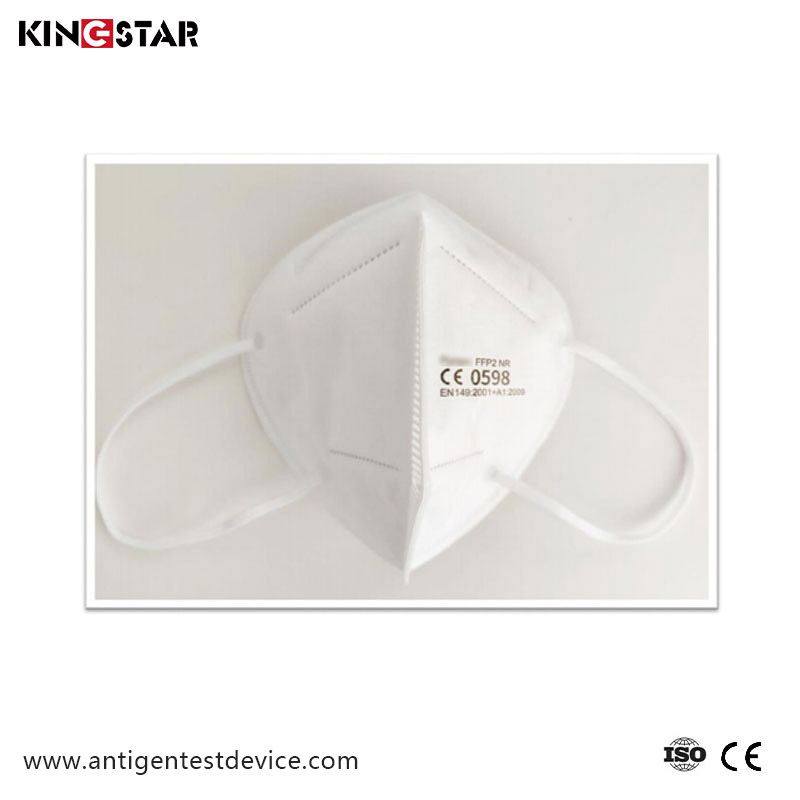Uses and Applications of FFP2 Protective Face Masks
2024-07-10
An FFP2 (Filtering Face Piece 2) protective face mask is a type of respirator that offers a higher level of protection compared to standard surgical masks or cloth face coverings. Here are key points about FFP2 masks:
Features and Specifications
1. Filtration Efficiency:
- FFP2 masks are designed to filter at least 94% of airborne particles, including aerosols and fine dust.
- They offer higher filtration efficiency compared to surgical masks, which typically filter around 70-80% of particles.
2. Respiratory Protection:
- Provides respiratory protection against solid and liquid aerosols, including harmful particles such as viruses, bacteria, and pollutants.
3. Fit and Seal:
- FFP2 masks are designed to fit closely to the face, forming a tight seal around the nose and mouth.
- This seal helps prevent leakage of airborne particles and enhances the mask's effectiveness.
4. Material and Design:
- Typically made of multiple layers of synthetic nonwoven materials, including a filtration layer (often melt-blown fabric) and an outer layer for durability.
- Some FFP2 masks may have additional features like adjustable nose clips and ear loops for a secure fit.
Uses and Applications
1. Healthcare Settings:
- Used by healthcare professionals during procedures that generate aerosols, such as intubation or respiratory treatments.
- Provides protection against infectious diseases and airborne pathogens.
2. Industrial and Construction:
- Used in environments where workers may be exposed to dust, fine particles, and hazardous aerosols.
- Provides respiratory protection in industries such as mining, construction, and manufacturing.
3. General Public:
- Recommended for use by the general public in settings where social distancing may be challenging, or when there is a risk of exposure to airborne contaminants.
Standards and Certifications
1. CE Marking:
- FFP2 masks sold in Europe must comply with European standards (EN 149:2001+A1:2009) and carry a CE marking indicating conformity with health, safety, and environmental protection standards.
2. NIOSH N95 Equivalence:
- FFP2 masks are similar in filtration efficiency to NIOSH-approved N95 respirators used in the United States.
- They are considered equivalent for respiratory protection against airborne particles.
Maintenance and Disposal
1. Single-Use or Reusable:
- FFP2 masks are typically intended for single-use.
- Some models may be labeled as reusable if they can be cleaned and maintained according to manufacturer guidelines.
2. Disposal:
- Dispose of used FFP2 masks properly after each use.
- Avoid touching the front of the mask, and discard it in a sealed bag or bin.
Considerations for Use
1. Fit Testing:
- Ensure proper fit and seal before use to maximize effectiveness.
- Perform a fit test if required, especially in healthcare or occupational settings.
2. Comfort and Breathability:
- Evaluate comfort and breathability during extended wear, especially in hot or humid conditions.
- Look for FFP2 masks with features that enhance comfort without compromising seal integrity.
FFP2 protective face masks are critical in situations requiring high filtration efficiency and respiratory protection against airborne particles. They play a significant role in healthcare, industrial safety, and public health measures during outbreaks of infectious diseases.



